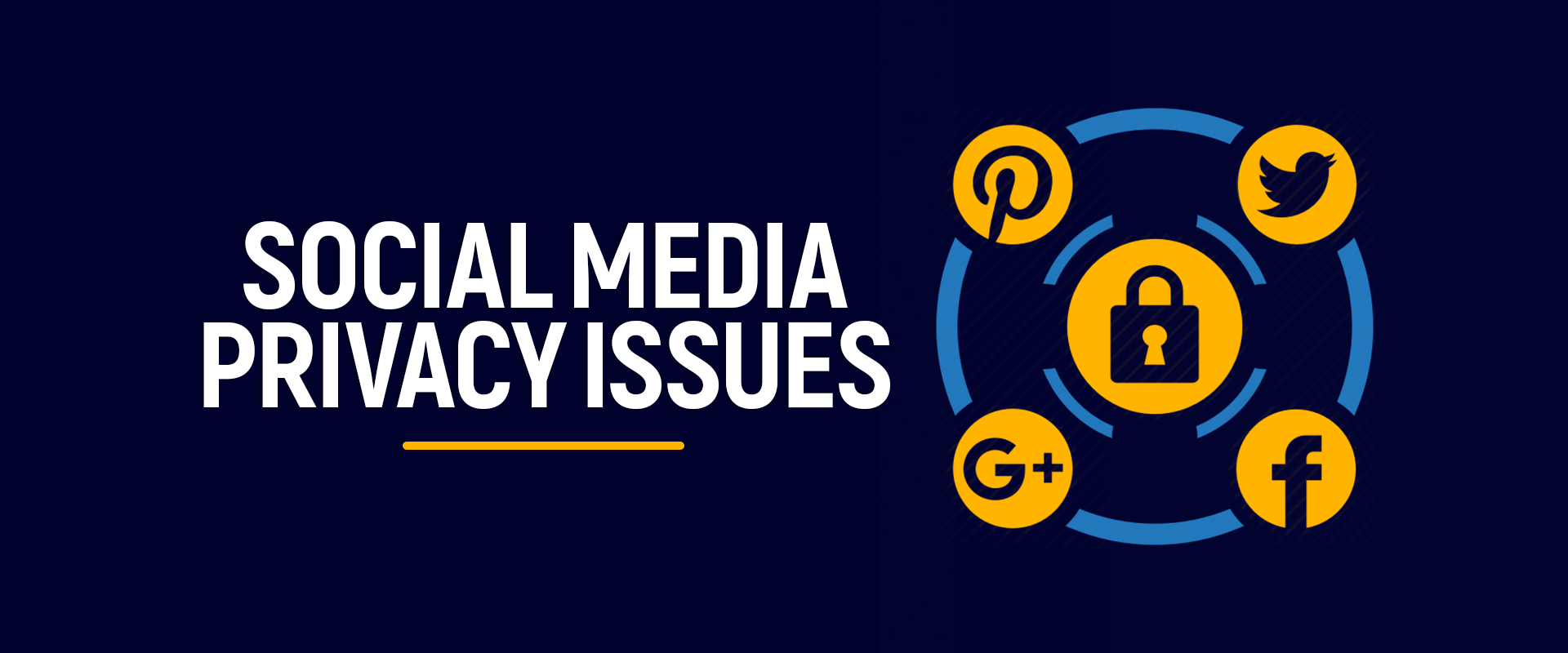- Global Access to Information: The Internet provides instant access to vast information on any imaginable topic. This includes news, academic articles, educational resources, and entertainment material. This accessibility has democratized knowledge, allowing people worldwide, regardless of their location or socioeconomic status, to access information.
- Communication and Connectivity: The ability to communicate quickly and efficiently through emails, social media, video calls, and instant messaging apps has transformed how we interact. The Internet has shortened distances and made it possible to maintain personal and professional relationships regardless of geographical location.
- E-Commerce: The Internet has revolutionized the way we buy and sell products and services. E-commerce platforms like Amazon, eBay, and Alibaba have facilitated access to a global market, allowing consumers to purchase products from anywhere in the world and businesses to reach a global audience.
- Online Education: The availability of online courses and educational resources has made education more accessible. Platforms like Coursera, Khan Academy, and edX offer free and paid courses on a variety of subjects, allowing people to learn new skills and obtain certifications without physically attending an educational institution.
- Ease of Research: The Internet has greatly simplified academic and professional research. Search engines, digital libraries, and academic databases allow researchers and students to access a wide range of sources and data quickly and efficiently.
- Entertainment: The Internet offers a wide range of entertainment options, from streaming services like Netflix and Spotify to online video games and social media. This has changed how we consume entertainment, allowing access to personalized and on-demand content.
- Financial and Banking Services: Online banking and financial services have made managing personal and business finances easier. Users can perform transactions, pay bills, transfer money, and manage investments from the comfort of their homes.
- Remote Work and Freelancing: The Internet has enabled the rise of remote work and freelancing. Platforms like Upwork, Freelancer, and Remote.co connect employers with workers worldwide, offering flexibility and employment opportunities that are not limited by geographical location.
- Innovation and Technological Development: Access to a global network of information and resources has accelerated innovation and technological development. Online collaborations and open-source communities allow developers and scientists to share knowledge and work together on innovative projects.
- Civic and Social Participation: The Internet has facilitated civic and social participation. Social media platforms and online forums enable people to engage in political discussions, organize social movements, and exert pressure on governments and organizations for social change.












No hay comentarios.:
Publicar un comentario